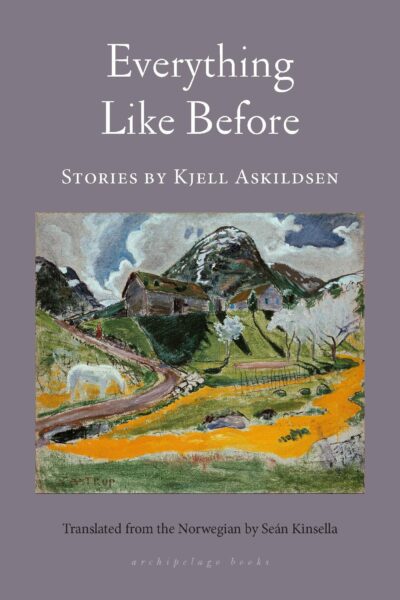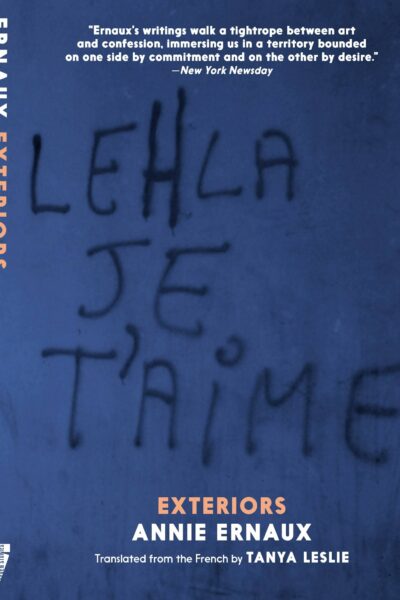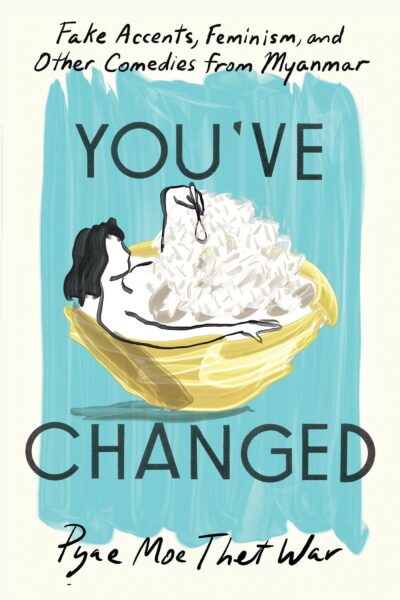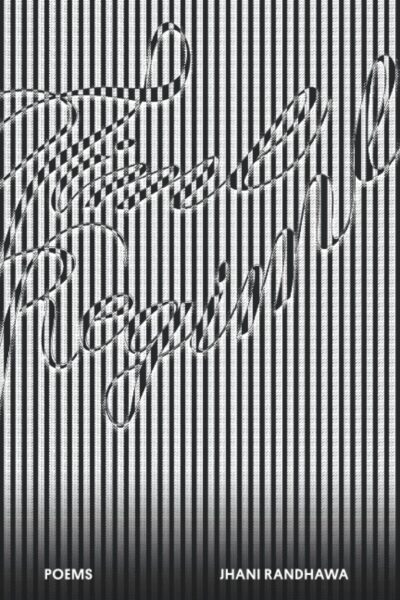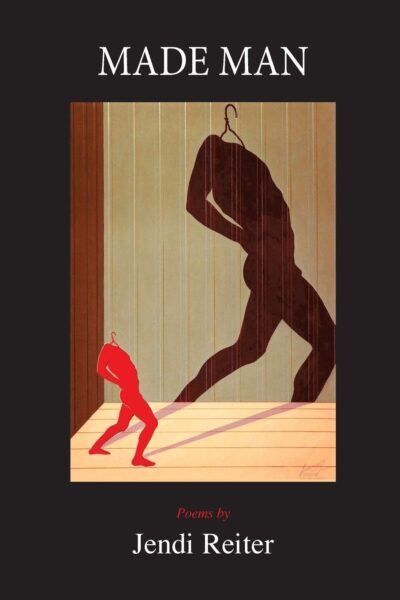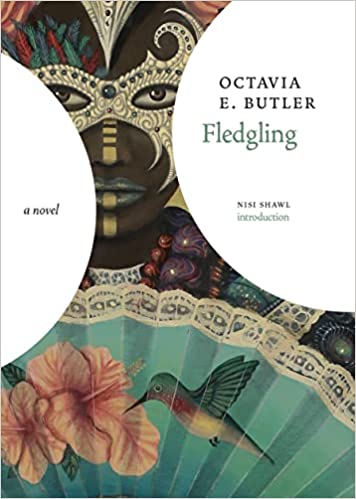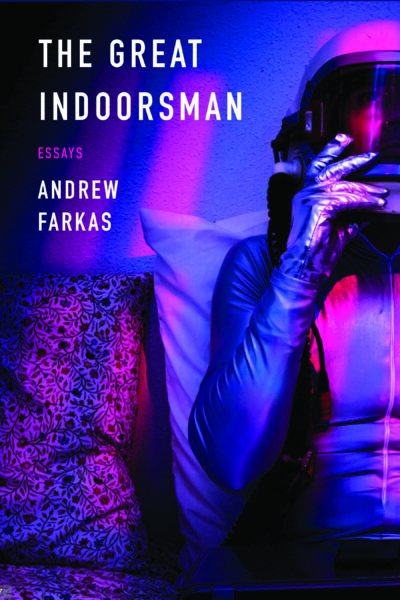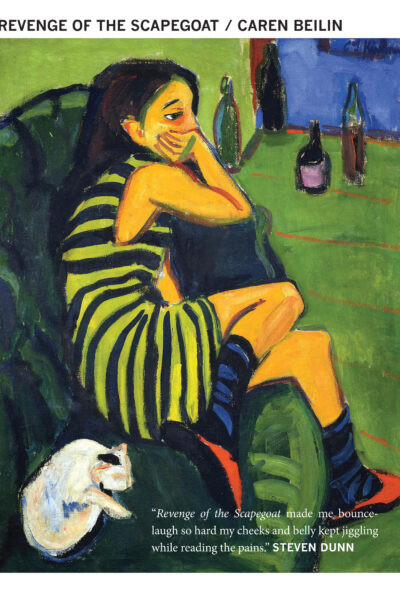Everything Like Before – Kjell Askildsen
Askildsen’s particular gift is the subtle way he imbues these mundane moments with so much frustration and rage, which creates an atmosphere of electric disquiet.
Having combed real-life storytelling for narrative ticks, she seems to have grown out of them, seeking another, meta and autofictional register in her own writing.
You’ve Changed – Pyae Moe Thet War
In this sensitively observed collection, the freedom to define oneself is achieved not only through the rebellion against cultural constraints, but also the embrace of the provisional nature of identity.
Randhawa has a control over language that I rarely encounter. There is a feeling of each word having been specifically selected, purposeful descriptions that alter the way we talk about the things around us.
Made Man becomes an examination and celebration of change writ broadly along with all its magickal implications.
Butler thus nimbly opens the seams of the vampire figure to show the ways in which its mythology is already lined with implications about the construction of race, exclusion, and intolerance.
People From My Neighborhood – Hiromi Kawakami
Kawakami draws indiscriminately on the resources of various sub-genres of speculative literature, connecting her stories here and there for unity’s sake, but never straining for consistency as a straight-up fantasy writer might in conjuring a magic “system.”
The Great Indoorsman – Andrew Farkas
It’s not culture Farkas is studying so much as the many interiors of the self.
Revenge of the Scapegoat – Caren Beilin
Darkly comedic and wildly inventive, REVENGE OF THE SCAPEGOAT explores childhood trauma, medical exploitation, art making, and the ethics of fleeing our pasts.
Her enduring preoccupation with the permeable line between public and private, life and art, power and vulnerability, is on full display in The Hotel.


